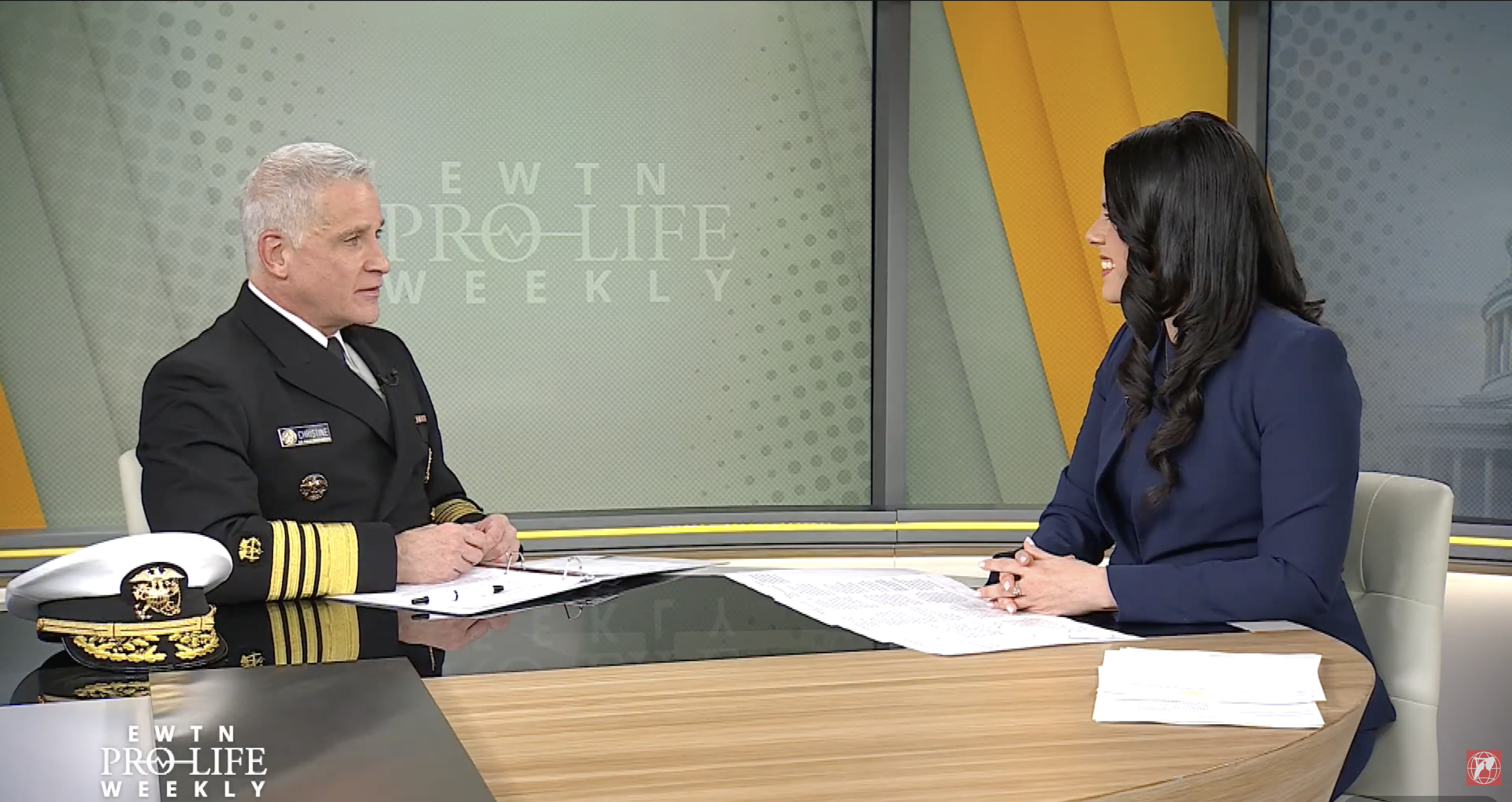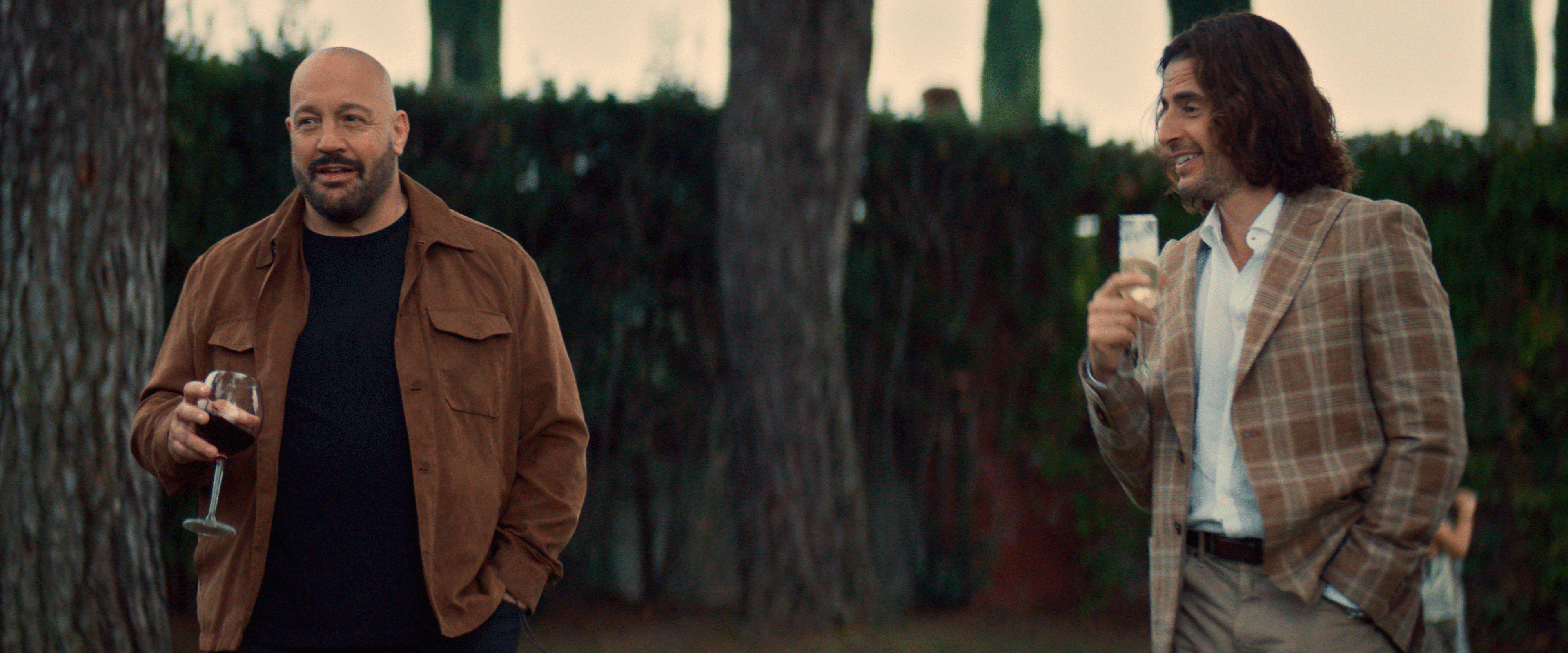Public schools in the United States are required by the U.S. Constitution to allow students and staff to pray, the government said this week, with the Trump administration reminding educators that they must neither impose nor generally forbid prayer in school facilities.
The government issued the guidance on Feb. 5, with U.S. Department of Education Office of the Secretary Chief Counsel Josh Kleinfeld writing that schools in general should "allow the individuals who make up a public school community to act and speak in accordance with their faith."
Schools must adopt a "stance of neutrality" regarding faith, the guidance says, with educators required to allow personal religious conduct so long as it does not infringe upon the rights of other students and the school itself does not show favoritism to one religion or another.
U.S. President Donald Trump announced the guidance ahead of its release on Feb. 5, telling attendees at the 2026 National Prayer Breakfast that he expected the document to incur lawsuits. "We'll win it," Trump anticipated.
Students, employees allowed to express religious beliefs
Detailing a history of Supreme Court decisions involving free speech and religious expression in schools, the guidance offers "concrete scenarios" in which schools are required to accommodate religious expression.
Among them include instances where students "pray privately and quietly by themselves" and cases where students "dress in accordance with their religious faith," such as wearing crosses, yarmulkes, or headscarfs.
Support for religious student groups
Schools are also required to support religious student groups "on the same terms" they support nonreligious groups.
Public schools "may not sponsor or organize compulsory prayer" at school functions, the guidance notes, but schools are also required to allow participants to engage in prayer at such events provided they do not coerce other attendees or "speak on behalf of the school."
Teachers and staff themselves, meanwhile, "do not forfeit their First Amendment rights at the schoolhouse gate and need not pray behind closed doors." School employees "must be permitted to pray while at work on the same terms as students."
The guidance distances itself from what it described as the "legally unsound" principle of a "wall of separation" between church and state.
Rather, it advances what it says is "a stance of neutrality among and accommodation toward all faiths, and hostility toward none," which it describes as "deeply rooted in our nation's history, traditions, and constitutional law."
Though the guidance itself is ultimately reflective of years of settled court precedent, it offers another indication of the Trump administration's proactive support for religious liberty and practice in the U.S.
At the 2026 National Prayer Breakfast, Trump announced that the government will hold an event, titled "Rededicate 250," on the National Mall in Washington, D.C., on May 17 "to rededicate America as one nation under God."
"We're inviting Americans from all across the country to come together on our National Mall to pray, to give thanks," he said.
In May 2025 the president established the Religious Liberty Commission, which has held hearings on religious liberty in education and the military.
In December 2025, meanwhile, Trump became the first president in U.S. history to officially recognize the feast of the Immaculate Conception, acknowledging it as a "holy day honoring the faith, humility, and love of Mary, mother of Jesus and one of the greatest figures in the Bible."



